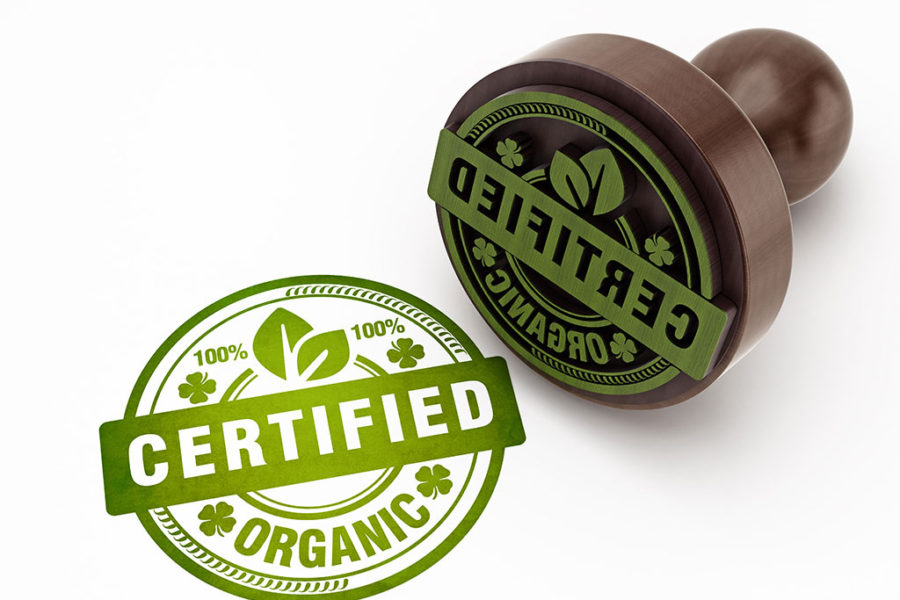If you’re looking for some Certified-organic food products at affordable prices, head over to Nujimall! You’ll find everything from organic produce to Korean-style snacks and treats. This South Korean supermarket is a popular spot for families and students. It’s also one of the largest in the country, and you’ll find everything from baby toys to gourmet food at reasonable prices.
Nujima Living Foods
Nujimall Living Foods is a natural, organic food company that provides its customers with affordable food options at an affordable price. The company aims to promote healthy living through its organic food products. Nojima’s products are made from wholesome ingredients and are packed with nutrition.
Certified-organic food products at affordable prices
If you want to eat healthy and safe food, you should opt for certified organic food. Though certified organic foods are slightly more expensive than conventional produce, they can help you get the nutrients that you need from your diet. Organically grown food also contains lower pesticide residues. Moreover, you can save money by using coupons, ordering in bulk, or visiting farmers’ markets.
The USDA has set up a certification program for organic food. It requires companies that produce more than $5,000 of food to be certified. It also regulates food handling and production. Those who meet the standards can use the official USDA organic seal. However, producers who sell less than $5,000 of organic produce do not need to be certified. Instead, they can use the organic seal if they sell the product as an ingredient in certified organic-processed foods.
You can also purchase organic produce in bulk from local farmers through the Community Supported Agriculture (CSA). This program allows families and individuals to buy bulk fruits and vegetables from local farms at affordable prices. Organic produce is more expensive than conventionally grown food, but you can save money by buying fruits and vegetables when they are in season and purchasing them from local farmers.
The difference in cost between organic and non-organic produce varies from product to product. Generally, the organic version of a product will cost a few dollars more than its non-organic counterpart. The price premium depends on the demand for that particular food and the producer’s cost structure.


